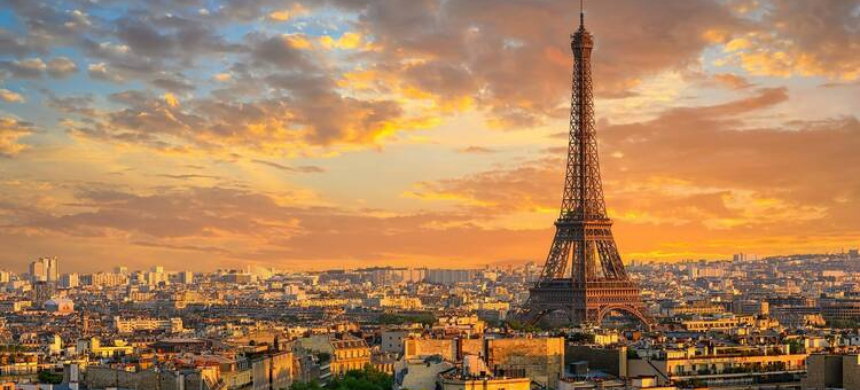Paris Faces Ongoing Population Decline Amid Housing Crisis
Paris is grappling with a steady population decline, as around 10,000 residents leave the city center each year, a trend that has persisted for the past decade. The French capital now has a population of 2.1 million, marking a reduction of 140,000 people since 2013. Meanwhile, the greater Ile-de-France region, which includes the suburbs of Paris, continues to see growth, with over 12 million people now living in the surrounding area.
This decline in the city center has raised concerns among city officials, who attribute the trend to various factors, including rising housing costs, shifting living preferences, and the increasing influence of short-term rental platforms like Airbnb. In response, Paris Mayor Anne Hidalgo, backed by her Socialist allies, has proposed a comprehensive urban development plan (PLU) aimed at revitalizing the central districts, improving the quality of life, and addressing the city’s growing housing crisis.
Focus on Affordable Housing and Climate Adaptation
The proposed urban plan focuses primarily on increasing the availability of affordable housing, particularly for middle-income families, while also addressing the challenges posed by climate change. However, the plan has sparked heated debates across political lines.
Opponents, led by Rachida Dati, France’s Minister of Culture, argue that rapid urbanization and high-density housing projects have created an “unbearable” environment in the city. Pierre-Yves Bournazel, a member of the conservative opposition, contends that the city’s expansion has led to overcrowding and the loss of green spaces, warning that efforts to elevate buildings could worsen the situation, creating “street canyons.”
Support for Social Housing Investment
On the other side, supporters of Mayor Hidalgo, such as Communist Senator Ian Brossat, argue that Paris has never before invested so heavily in affordable housing. Brossat stresses that without more social housing, many middle- and lower-income Parisians would be forced to leave the city, further contributing to its population decline.
Experts point to several long-term factors contributing to this trend. Jean-Christophe Francois, a geography professor at Paris Cité University, notes that an increase in housing quality has resulted in the replacement of smaller, more affordable apartments with larger and more expensive units. This has left fewer affordable options for families, particularly those with middle incomes.
Read More: CHALLENGES OF OVERPOPULATION
Impact of the COVID-19 Pandemic and Rising Divorce Rates
In addition, the COVID-19 pandemic and a rising divorce rate have contributed to the migration trend, with many individuals and families seeking more space outside the capital. The pandemic, in particular, accelerated a shift towards suburban living as remote work became more common.
Airbnb and the Housing Crunch
One of the most significant recent contributors to Paris’ housing woes is the boom in short-term rentals, particularly those listed on platforms like Airbnb. According to the Apur urbanism agency, the number of primary residences in central Paris has steadily declined in recent years, as more properties are converted into short-term rentals. This trend has been fueled by wealthy foreign investors, who often buy second homes in the city, contributing to higher rents and reducing the availability of long-term rental properties for residents.
In an effort to address this issue, Paris City Hall has proposed a ban on new Airbnb rentals in popular tourist areas like Montmartre and the Marais. The administration is also pushing for higher taxes on second homes to curb the impact of these short-term rental practices and help preserve the city’s residential character.
As the debate over Paris’ future intensifies, the city faces the challenge of balancing the demands of urban development with the need to maintain a vibrant, affordable, and livable environment for its residents.











